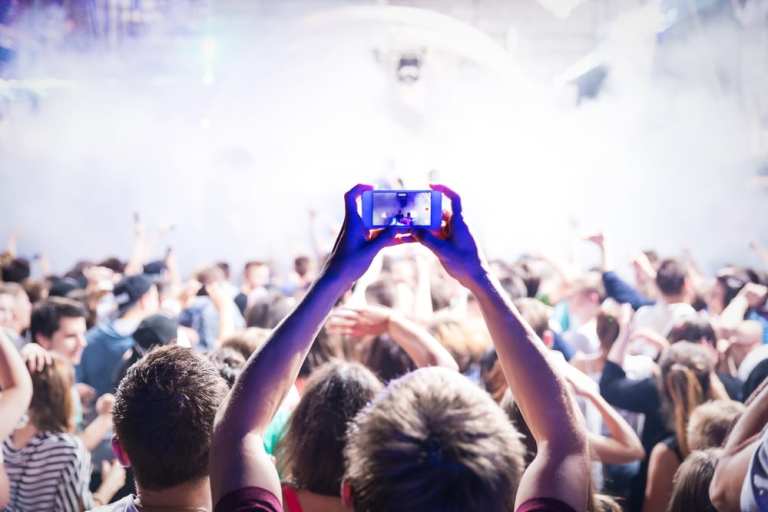How Digital Ticket Marketplaces Are Going Into Overtime

Digital marketplaces are zeroing in on customers looking to score last-minutes ticket to events. Gametime, a platform that connects buyers and sellers, has started building a mobile experience for ticket sales to sports games, concerts and other events. To further this focus, the company has rolled out a new feature called LastCall, which enables customers to allow users to buy tickets up to 90 minutes past the start time of an event.
Gametime CEO Brad Griffith has noted there is a cultural shift of people making last-minute purchases through services like Uber and Lyft. The company is seeing that 60 percent of customers buy tickets on its platform within 36 hours of an event. “This is behavior that wasn’t even possible a couple of years ago,” Griffith said in a PYMNTS interview.
To purchase a ticket from the company through LastCall (or in general), users select a listing before they arrive at a checkout page. They pay using Apple Pay, Google Pay, Venmo, a credit card or a debit card.
Overall, Griffith said the company is constantly innovating around payment types and checkout speed. (Shoppers can also reportedly purchase tickets in less than 10 seconds, which Griffith claims is about twice as fast as other options in the market.)
The Need for (Very) Last-Minute Ticketing
Griffith noted that 27 percent of respondents to a company survey had purchased a ticket after the start of an event at least once, a statistic that he said symbolized a sea change – a “massive wave,” if you will, in the direction of mainstream behavior led by millennials and Generation Z. “They have this penchant for spontaneity,” Griffith said. This market, he added, is planning and organizing through text messages, then making the call on the night of the event – and this demographic has been loyal to the digital ticketing platform.
Gametime claims the top 100 music tours saw an 11 percent decrease in ticket sales in 2018, and that unsold seats leave over $1 million on the table per game for professional sports teams. Griffith also noted that attendance has fallen in various major sports leagues, a pattern that Gametime hopes to change. “We’re trying to, in essence, reverse that trend by making it extremely easy to consume this asset class” or these life experiences, Griffith said.
From a seller’s perspective, Griffith said the LastCall feature is enabled automatically. He believes sellers of expiring assets (like tickets) would be excited about having more time to find a buyer. The feature accomplishes that by providing them with another chance to clear their inventory and set ticket prices on the platform.
According to Gametime, the median MLB ticket price 48 hours prior to the game is $48, while 90 minutes after the first pitch it is only $13. The company also said that National Basketball Association tickets have a median price of $127 at 48 hours ahead of the event, but 90 minutes after tipoff that price drops to $40. And for music fans, the company claims that tickets are $114 at 48 hours ahead of the concert, while an hour and a half into a concert they are $55.
By offering tickets at these kinds of prices, the company aims to attract fans who are more budget-conscious. Griffith said a consumer might be willing to see six innings of a baseball game for $10, but might not be willing to see nine innings for $20. Essentially, he noted the offering could “grow the market” and “will hopefully reverse some of these attendance trends that we’re seeing.”
At the same time, Gametime is doubling down on other key differentiators, such as speed and curation – showing the right listing to the right user at the right time – as it seeks to serve last-minute ticket buyers in digital marketplaces.